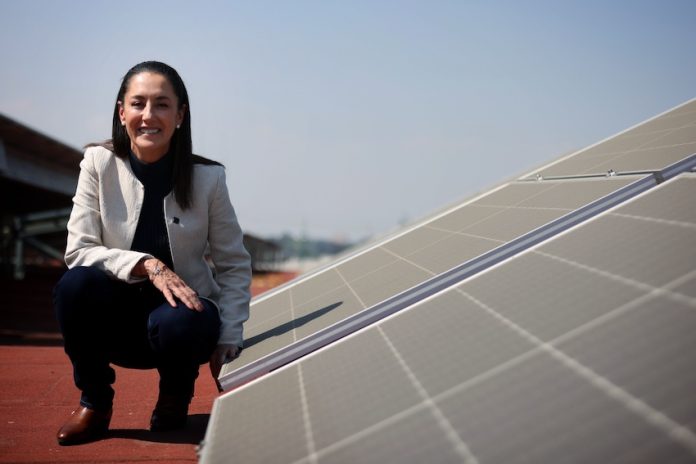More than three months have passed since Mexicans elected not only their first female president but also the head of state with the most formal background in climate change and environmental sciences out of all current world leaders. Claudia Sheinbaum, who is an energy engineer by training and served as the Environmental Secretary of Mexico City from 2000 until 2006, will be sworn in as president on Oct. 1. But what can the world expect when it comes to Sheinbaum’s green policies, and will she live up to her billing as an environmentalist?
After pursuing her career in Physics and a master’s degree in Energy Engineering at the National Autonomous University of Mexico (UNAM), she moved to California to work on her Ph.D. at UC Berkeley, where she focused on analyzing energy consumption in Mexico’s construction and transportation sector.
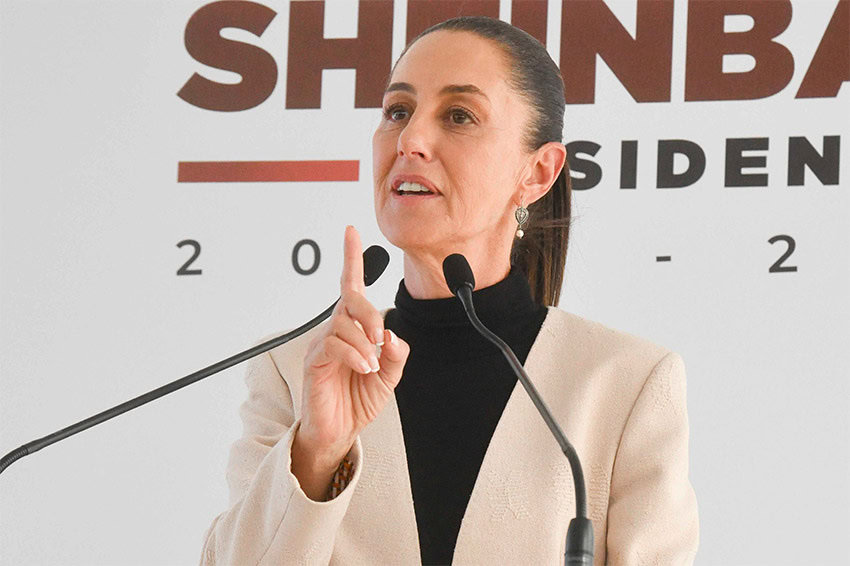
As mayor of Mexico City, her signature projects included a transportation reform and the installation of 32,000 solar panels atop the Mercado de Abasto, the largest solar project of its kind in the world.
The 61-year-old Mexico City native has published on the energy transition and greenhouse gas emissions and has co-authored a Nobel Peace Prize-winning report on the mitigation of climate change.
Sheinbaum’s environmental goals
Pedro Álvarez-Icaza is an environmental policy expert and has served in several related positions in the federal government and government of Mexico City, including as director of the capital’s Natural Resources Commission during Sheinbaum’s tenure as environment minister. Speaking with Mexico News Daily, Álvarez-Icaza, who also served as the Sheinbaum campaign’s environmental liaison, said that during the campaign, he delivered a 200-page report compiled by interviewing civil society organizations about what topics must be prioritized in her presidential agenda.
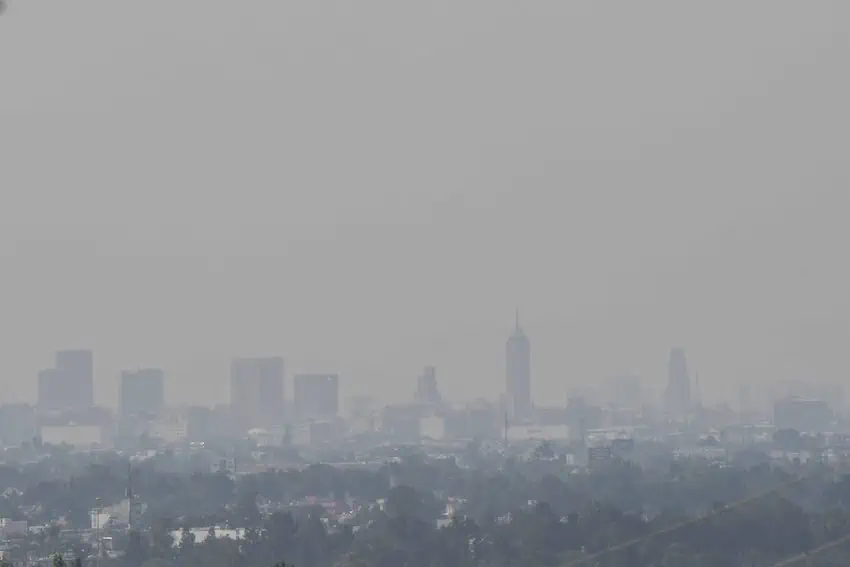
“We found out that mobility, air quality, waste management, energy sovereignty and water conservation are the most important issues,” he added.
According to the World Resources Institute (WRI), Sheinbaum’s energy agenda closely aligns with the policies of AMLO. She aims to maintain the Federal Electricity Commission (CFE) and Pemex as the primary source of Mexico’s energy and enhance its capacity to generate electricity, particularly from renewable resources.
In addition, she promised to decarbonize the energy grid and take advantage of coking plants to leave fuel oil behind and for CFE to generate 54% of the country’s electricity. If she follows through on advancing a low and just carbon transition, an analysis by the WRI that Mexico could see the creation of around 763,000 jobs and a 1.6% rise in GDP.
Álvarez-Icaza pointed out that as part of Sheinbaum’s energy transition strategy, the president-elect has invited the private sector to participate actively in renewable energy projects.
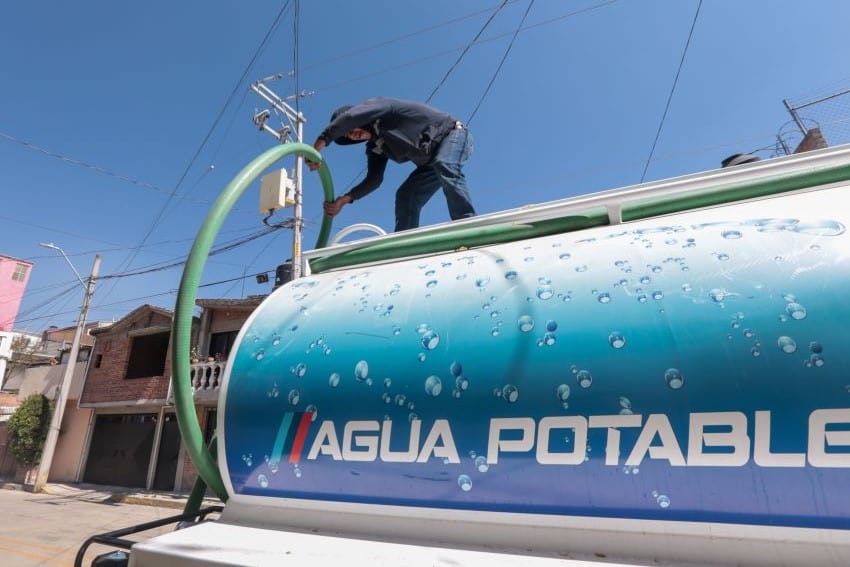
“Her administration aims to build infrastructure for electric vehicles, including charging stations and advance the use of critical minerals like lithium under state control,” he said.
During her presidential campaign, Sheinbaum proposed building photovoltaic, wind, hydraulic, geothermal, and green hydrogen plants as well as promoting solar panels in homes and businesses.
She is also committed to the installation of renewable energy infrastructure to reach a clean energy goal of 80 GW. As a candidate, Sheinbaum pledged to invest US $13.57 billion in a renewables-focused energy plan which includes the rehabilitation of hydroelectric plants.
In terms of water-related issues, the president-elect’s plans contemplate changes in the National Water Law, reviewing the real use of water concessions and promoting the modernization of agricultural irrigation, as well as increasing the infrastructure of water supply and wastewater treatment.
Asked about Sheinbaum’s plans to combat Mexico City’s ongoing water issues, Álvarez-Icaza stressed that the president-elect emphasizes regional coordination between all the states that make up the capital’s megalopolis, supported by public policy to pursue objectives like protecting the forests around Mexico City and the Valley of Mexico’s aquifer.
“With the collaboration of the region’s governments, she’ll be able to make a singular effort to address the water issue in Mexico City and the country,” the environmental expert said.
Disputes, challenges and opportunities
Given her close alignment with López Obrador, some experts believe Sheinbaum will continue the outgoing president’s environmental policies.
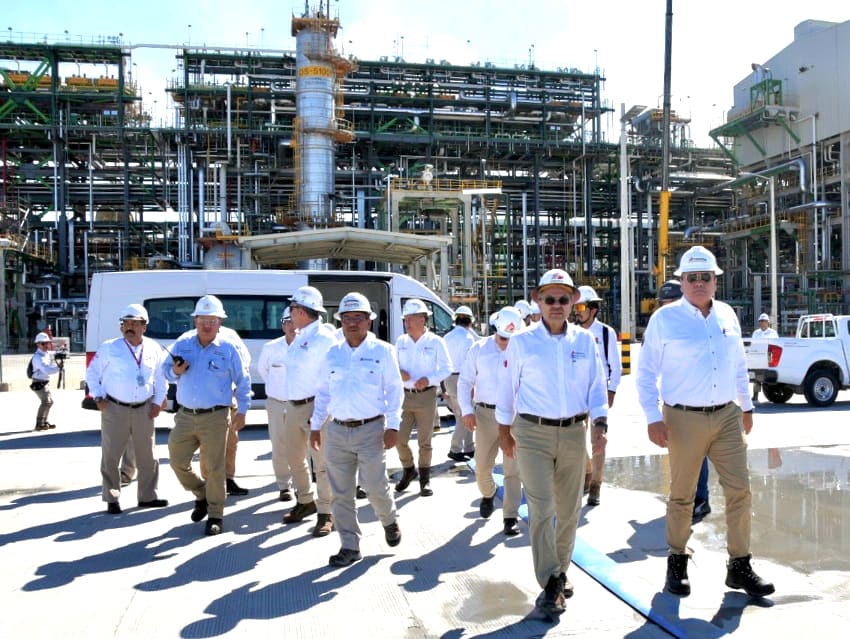
Pacific Council on International Policy president and CEO Duncan Wood thinks this course would harm Foreign Affairs Minister Alicia Bárcena, who was recently named the new environmental and natural resources minister and may struggle to fulfill the president-elect’s environmental pledges.
“Sheinbaum will also face many hot-button issues left over from the previous administration that she won’t give the attention to environmental concerns,” Wood told Mexico News Daily.
The expert on supply chain policy, energy transition, Mexican politics and North American relations believes that Sheinbaum will continue her predecessor’s policies and stay true to AMLO’s commitment to oil and gas production rather than prioritizing the clean energy transition.
“Pemex is in big trouble…it needs to address its debt situation and its overall liabilities that were from 100 billion to 240 billion; the company has been effectively bankrupted and the only reason it is continuing to borrow money is due to the fact it’s a state entity,” he noted.
As a result, he believes despite Sheinbaum’s experience, Mexico must adopt U.S. ESG and CSR standards for the president-elect’s cabinet to succeed, especially in energy efficiency.
Wood also stated that during the first years of Sheinbaum’s presidency, she may allow Pemex to enter joint ventures to the private sector including companies from Mexico, China and Russia that “would raise eyebrows in Washington.”
Originally from Texas, Nancy Moya has two degrees from New Mexico State University and the University of Texas at El Paso. With 15 years of experience in print and broadcast journalism, she’s worked with well-known outlets like Univision, The Associated Press, El Diario de El Paso, Mexico’s Norteamérica and Mundo Ejecutivo, Germany’s Deutsche Welle and the Spanish-language El Ibérico of London, among others.
